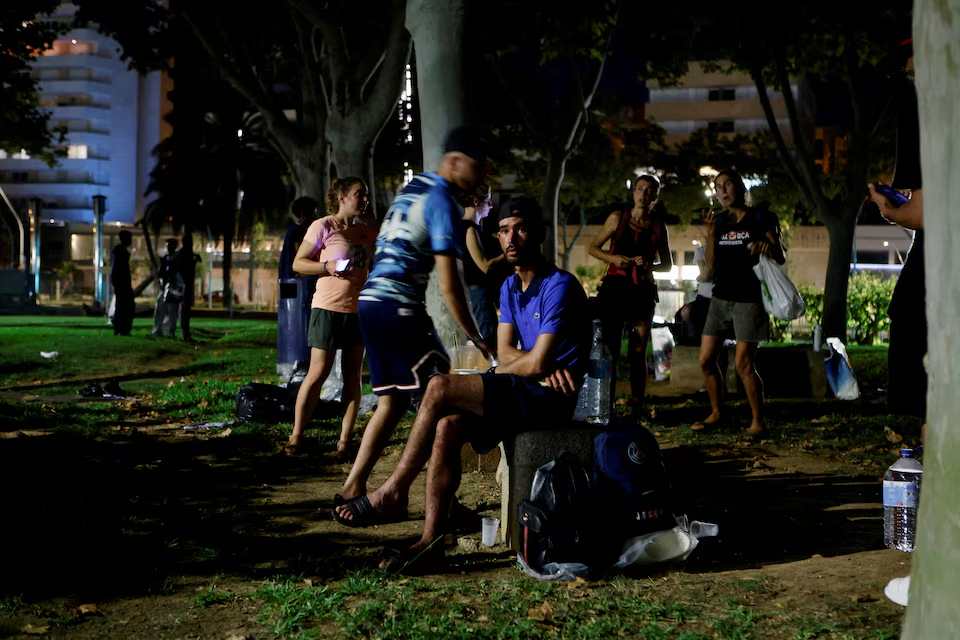News
Migrant Arrivals Surge in Spain’s Balearic Islands as Smuggling Networks Shift Routes

Spain is witnessing a sharp rise in migrant arrivals to the Balearic Islands, as smuggling networks increasingly divert boats toward the archipelago in an attempt to avoid tighter patrols along traditional routes in the western Mediterranean. Authorities say the shift has placed new pressure on rescue services and highlighted the evolving tactics used by traffickers to move people toward European shores.
For years, most irregular arrivals into Spain occurred along the southern coastline or through the Canary Islands. Recently, however, the Balearics have become an emerging entry point. Calm seas, the islands’ proximity to North Africa, and changes in enforcement elsewhere have contributed to the sudden increase in boats reaching Mallorca, Ibiza, and neighboring islands.
Spanish officials say smugglers appear to be testing the capacity of maritime patrols in the region. Many of the boats used are small, overcrowded, and often unseaworthy, leaving migrants vulnerable to dangerous conditions on the open water. In several incidents over the past weeks, rescuers have found vessels drifting without fuel or equipment, with passengers showing signs of dehydration and exhaustion.
Local authorities have expressed concern about the rising number of arrivals, noting that migrant reception facilities in the Balearics were never designed to handle large inflows. Municipal leaders say there is an urgent need for additional resources, including medical staff, translators, and temporary accommodation. They have also called for closer coordination with national and European agencies to respond to the shifting routes.
Humanitarian organisations warn that the new trend exposes migrants to greater risks. The routes toward the Balearics involve longer distances at sea and often rely on flimsy vessels that offer little protection. Aid workers say the fact that more boats are arriving does not mean the journeys are safe. Instead, it suggests that traffickers are willing to push even more desperate measures to bypass border controls.
Spanish police have also observed changes in smuggling methods. Some networks now use so called mother ships to move groups of migrants part of the way before placing them on smaller boats as they near the Balearics. Authorities believe these operations are increasingly sophisticated, involving coordinated communication across multiple countries.
The Spanish government has responded by increasing patrols in the western Mediterranean and deploying more surveillance aircraft to monitor the waters around the islands. Officials say they are working closely with neighbouring countries to dismantle trafficking networks and prevent further tragedies at sea.
Despite these efforts, experts say the situation is unlikely to stabilise soon. Migrant routes often shift in response to enforcement measures, conflict in origin countries, and economic pressures. As long as the underlying drivers of migration remain unresolved, smuggling networks will continue to find new pathways.
Residents across the Balearics have expressed mixed reactions. Some communities have mobilised to provide clothing, food, and support for newcomers, while others worry about overstretched public services. However, local leaders consistently emphasize that saving lives must remain the priority.
As the surge continues, Spain faces the challenge of balancing border security with humanitarian responsibility, while Europe as a whole confronts once again the realities of shifting migration pressures.










